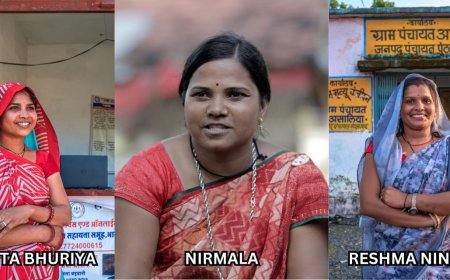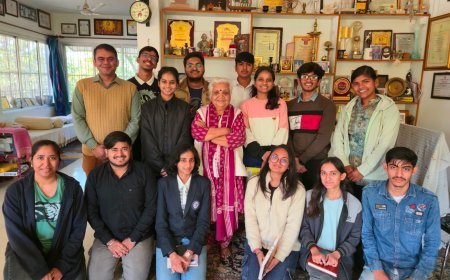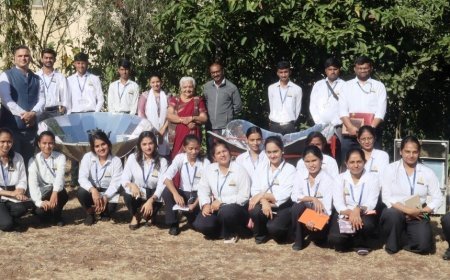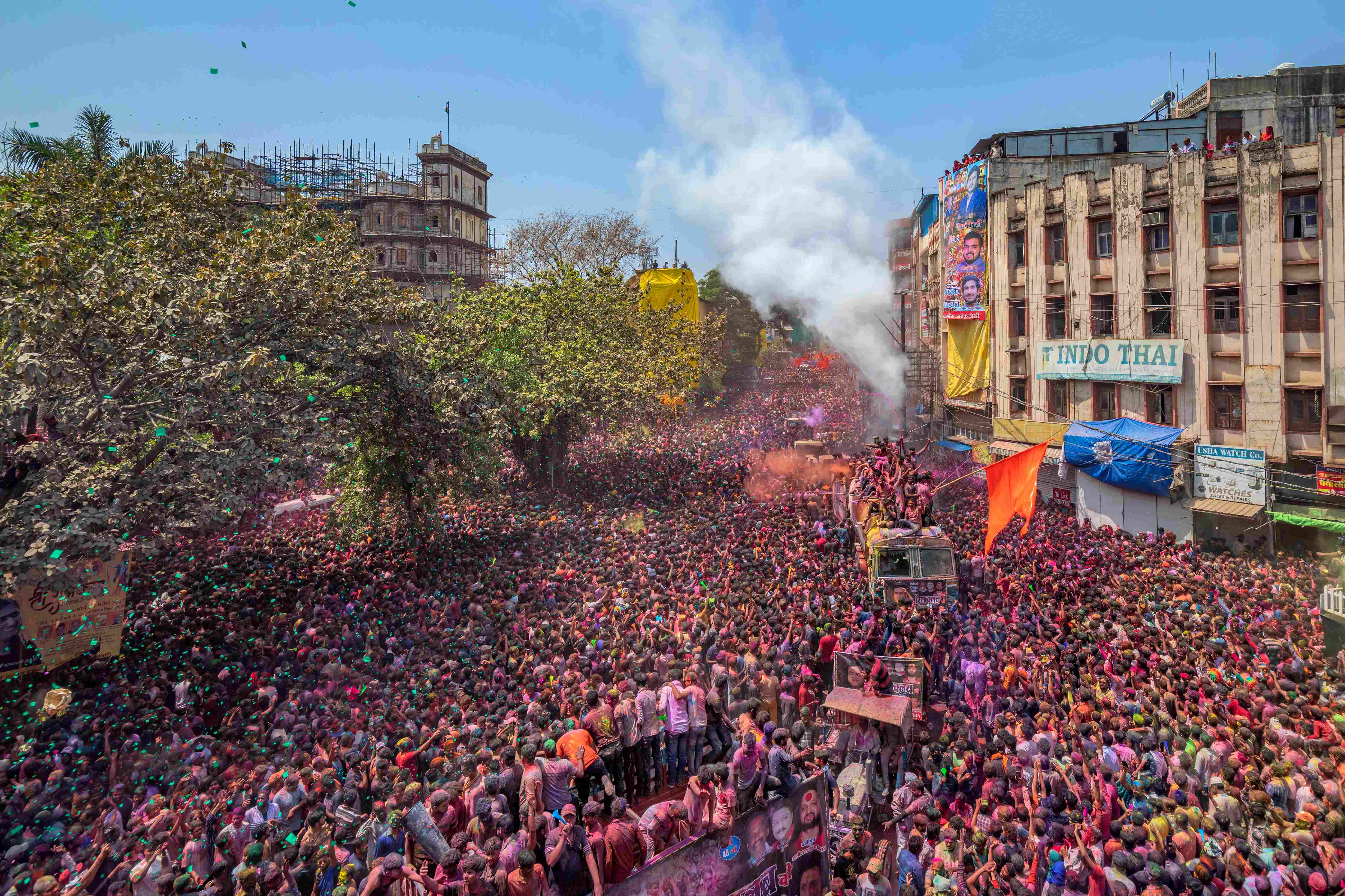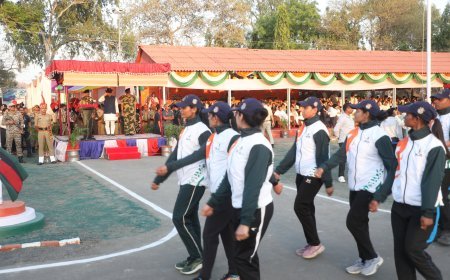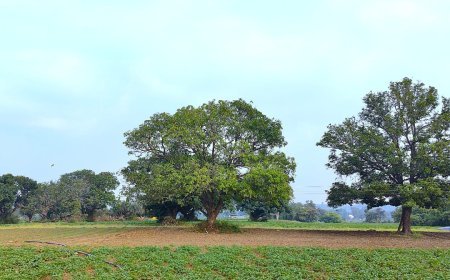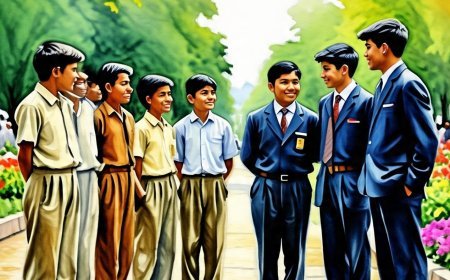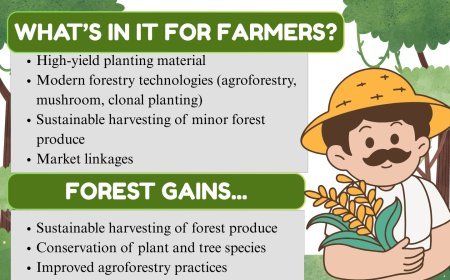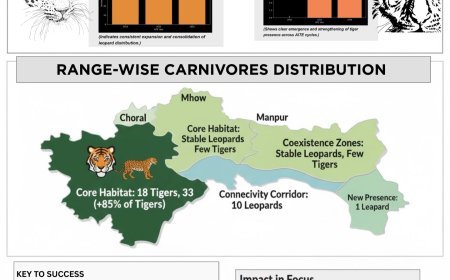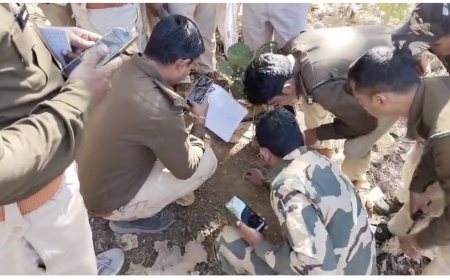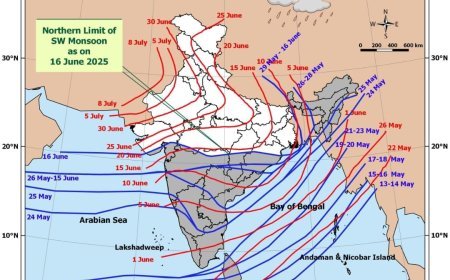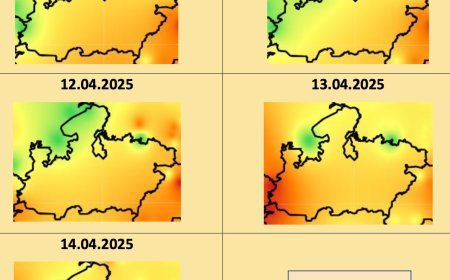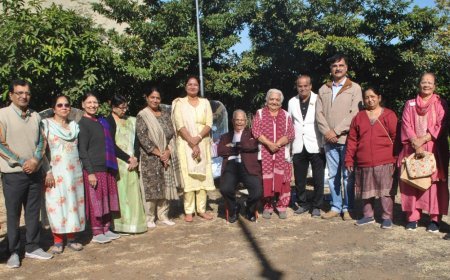Group of Dedicated Environmentalists of Indore ,
Group of Dedicated Environmentalists of Indore , Padam Shri Dr Mrs Janak Palta McGilligan,Dr. O P Joshi,
Dr. Jayshree Sikka
Shri Shyam Sundar Yadav
DrDilip Wagela Ambrish Kela
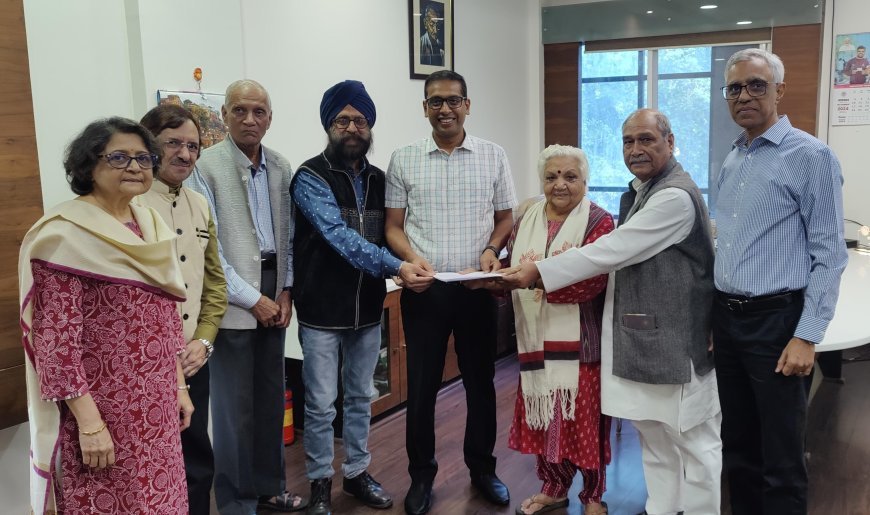
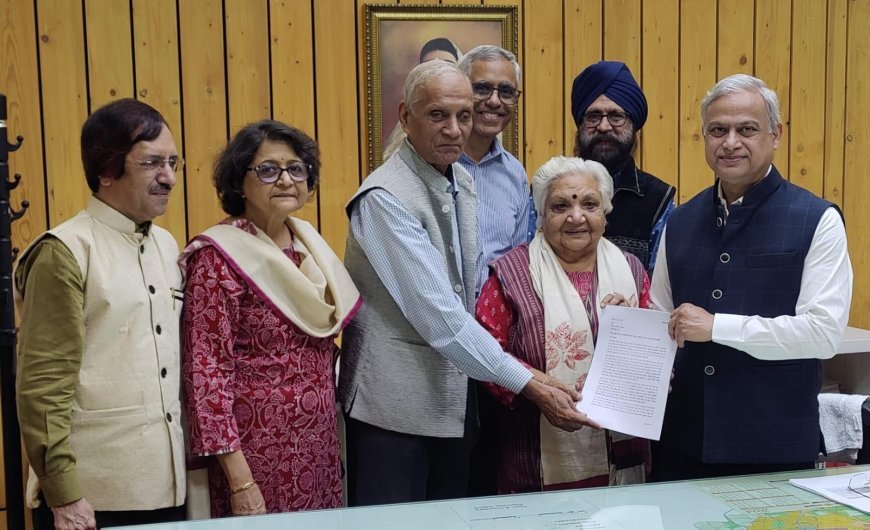
Shri Rajendra Singh met District Collector Indore Mr Asheesh Singh and Divisional Commissioner Mr Deepak Singh gave a Memorandum for Protection of trees and Water of Indore as Once in a Life time : opportunity. District Collector gave a positive response , assured to Save these Natural Forests and further develop these for future of Indore by including and marking City Forests in Master Plan of Indore .. Divisional Commissioner also gave assurance that Saving all the priceless Nature Made Forests and Water bodies will be their priority and thanked the Environmentalists for their Support and Contribution.
......Memorandum Subject: Conservation of trees and water sources located in the premises of closed textile mills in Indore city.
In the last few years, the environmental condition of Indore city has become extremely worrying. Which is mainly due to the deteriorating condition of air quality, green cover and water resources. At present, the green cover of urban areas has decreased to about 9 percent. The 'Green City Index' released in 2023 was also 9. Another study has found that 91% of the city area is 'grey' and only 9% is 'green'. Trees play an important role in environmental conservation in their long life span.
A few months ago, the Smart City Office counted about 5 lakh trees in 26 wards and it was believed that there could be a total of 10 lakh trees in 85 wards. A study by IIT, Indore has found that there are 9 to 10 lakh trees in the city, out of which 3 lakh are indigenous. The study also indicated that 1.5 lakh trees were cut for various construction works in the last five years. The condition of gardens and green belts in the city is not good and most of them are under encroachment. According to experts, Indore's municipal corporation limits should have at least 7 lakh trees on both sides of the 1700 km long roads, whereas there are only 34,000 trees on the roadside. The presence of only 10 lakh trees among the 31 lakh registered vehicles on the city's 34 lakh population is a matter of serious concern.
The municipal corporation limits of Indore city are 278 square kilometers. Out of this, 55% of the total land area i.e. 153 square kilometers is covered by plots, 25% area i.e. 69.5 square kilometers is covered by roads, 11% area i.e. 30.5 square kilometers is covered by gardens and only 9% i.e. 25 square kilometers is covered by green cover. There should be 2300 gardens in the residential area, but the city has only 1149 gardens, out of which 620 are not fully developed and more than 200 have some kind of encroachment in their limits. There are only 17,000 trees in 1149 gardens. There is no good, designated city forest within the city limits. Only the developed part of the old trenching ground at Devguradia is called a city forest.
A recent report by the country's Niti Aayog has warned that 30 cities in India will face severe water crisis by 2030, including Indore. Indore is ranked 19th in a study on water crisis in 99 cities of India by IIT, Indore. Only 550 wells and stepwells were reported in the city limits in 2023, but their condition is not satisfactory. There are at least six man-made ponds and 20 large tanks made of stones in the area of textile mills - Malwa, Hukumchand, Kalyan, Swadeshi, Rajkumar and Hope (Bhandari) mills, which are beautiful examples of architecture of about 100 years old.
The first of the six textile mills was Hope Textiles (1888), while the last was Rajkumar Mills, which was established 100 years ago in 1924. The textile mills started shutting down after 1986 and were completely shut down about 25 years ago in 2003. These mill complexes have turned into forests with dense greenery developing on their own. These huge complexes have many big trees, some of which are more than a hundred years old. There are hundreds of trees around the boundary walls of the mills as well. As the trees have grown old, their canopy has covered the entire mill complexes with greenery, which can be easily seen in the satellite images
The decreasing number of trees in the city, falling groundwater level and lack of proper care of ponds, wells and stepwells is increasing the average temperature of the city, reducing biodiversity and also not improving as expected in the air quality. All these environmental problems are interconnected. Due to these circumstances, it is now necessary that plans be made in such a way that trees are saved and water sources can also be saved as much as possible.
Due to the proposed plans in the premises of the closed textile mills of the city, it is very important that immediate steps be taken to preserve the greenery and water sources here and declare them as Nagar Van / City Forest. These will also help in dealing with extreme weather events in future. The trees in the mill premises are the lungs and lifeline of Indore. Due to dense settlement in the mill area, the population density is also high here. Therefore, it is very important to have dense greenery.
The Urban Development and Housing Department of the state has approved plans to develop parks and city forests in 390 cities of the state under the Amrit 2.0 Mission, on which 118 crores will have to be spent in a year. Please declare the green area of the closed textile mills as Nagar Van / City Forest under these plans. signed by
Environment loving citizens of Indore Janak Palta McGilligan,O.P Joshi,Shaym Sunder Yadav,Ambrish Kela, Dilip Waghela, Jaishree Sikka Rajendra Singh.
